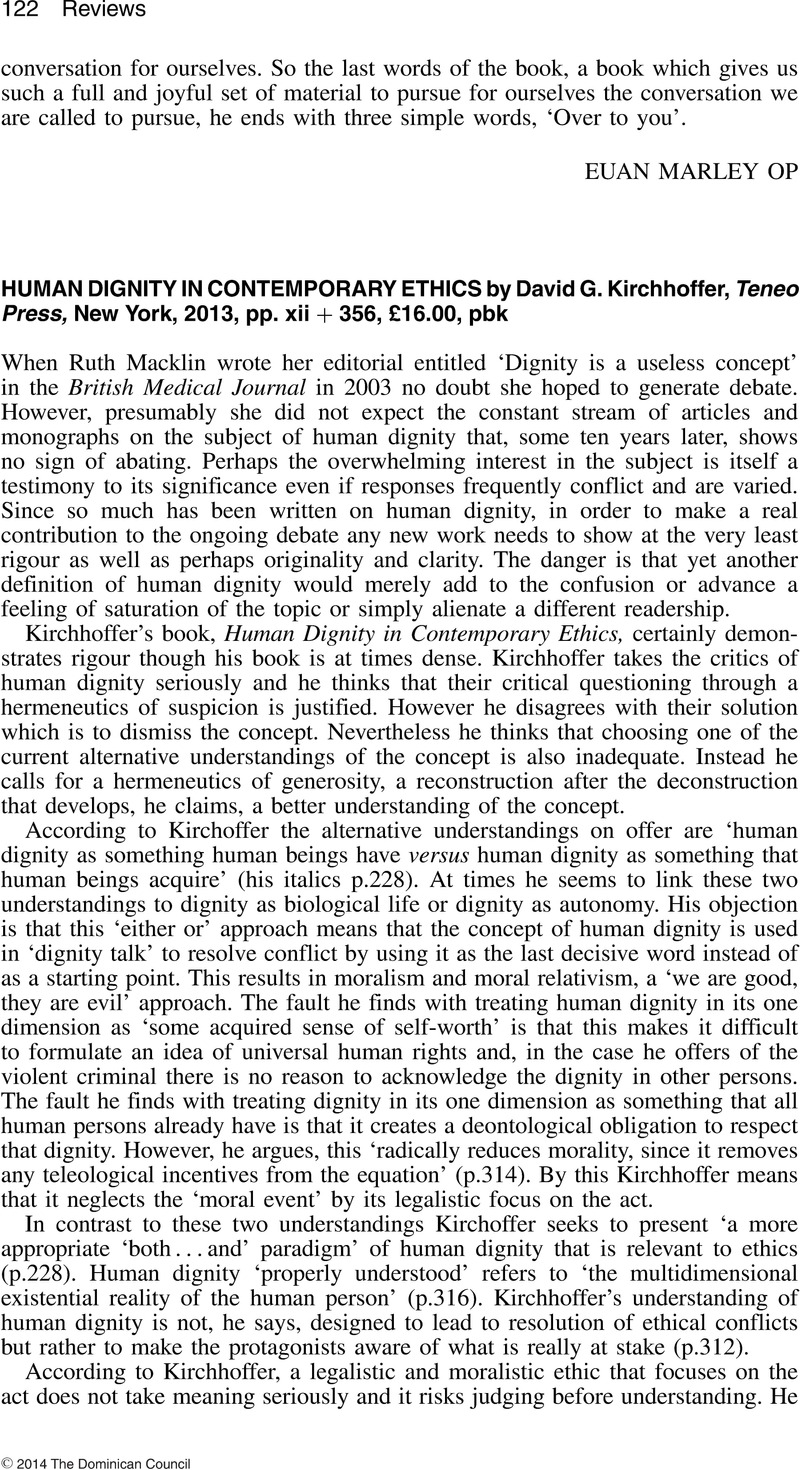Crossref Citations
This article has been cited by the following publications. This list is generated based on data provided by Crossref.
Winter, Sebastian F.
and
Winter, Stefan F.
2017.
Human Dignity as Leading Principle in Public Health Ethics: A Multi-Case Analysis of 21st Century German Health Policy Decisions.
International Journal of Health Policy and Management,
Vol. 7,
Issue. 3,
p.
210.



